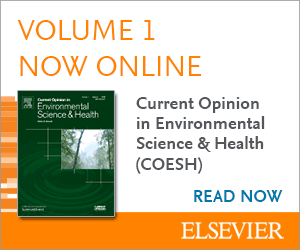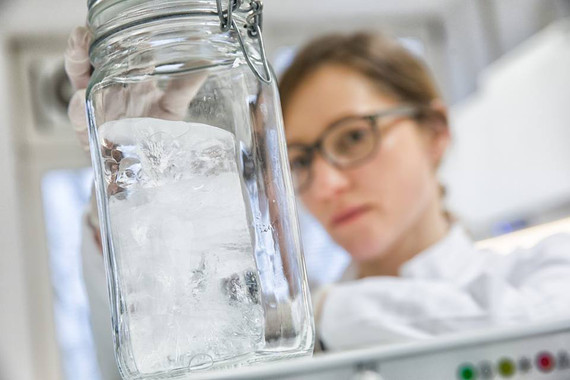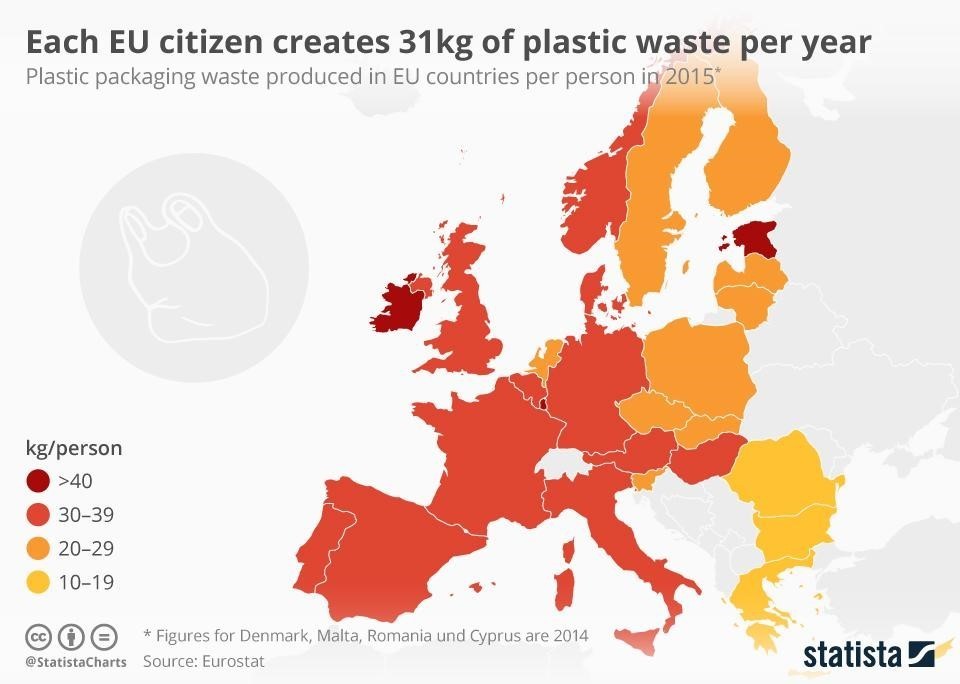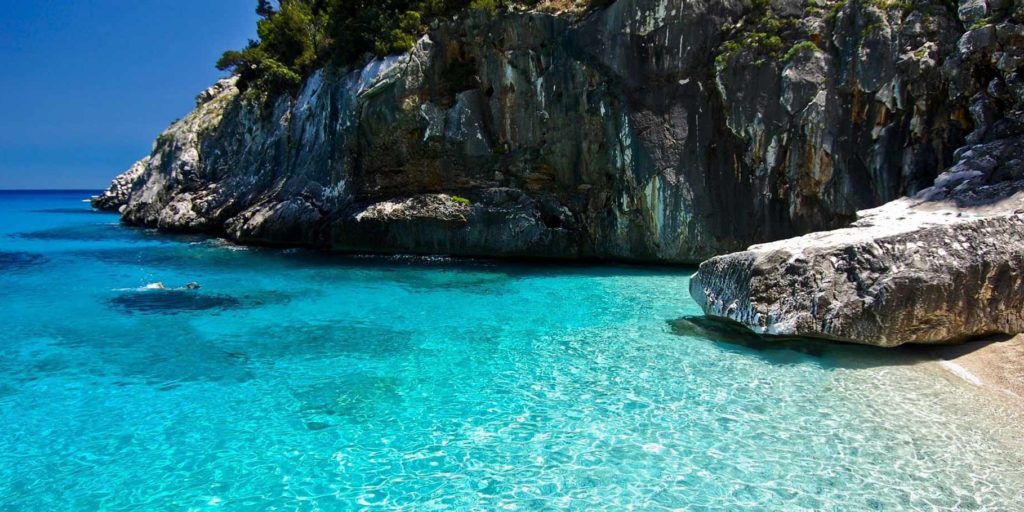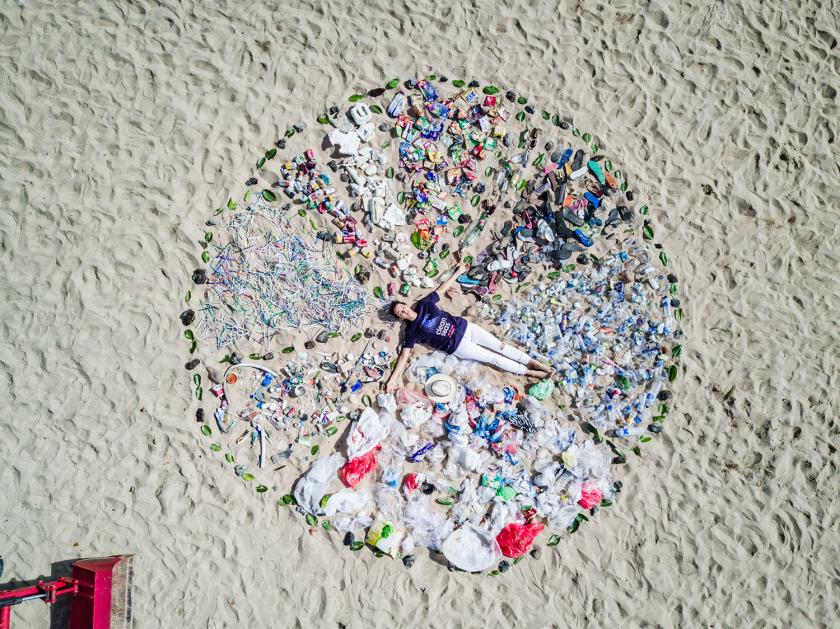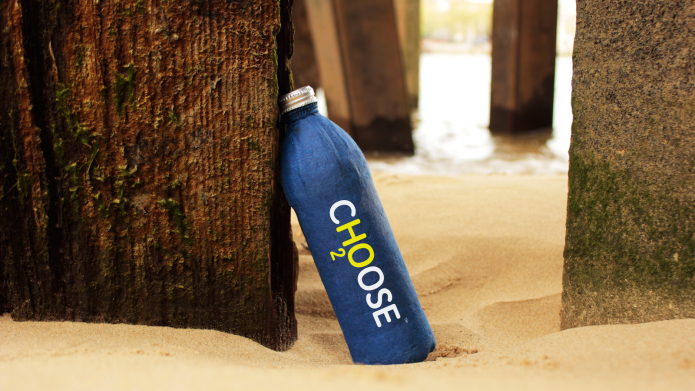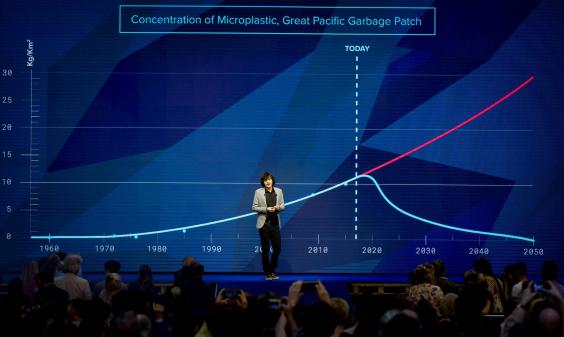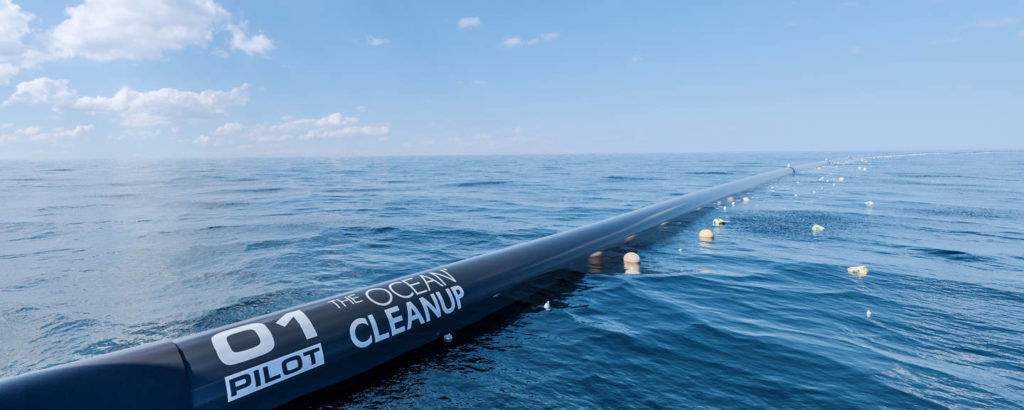Special issue on micro and macro plastics pollution in COESH
Plastic pollution is a globally recognized problem, with an estimated 322 million metric tons produced in 2016, excluding plastic fiber production. When evaluating the risks three main sources of microplastics (MPs) should be considered; polymer nanoparticles manufactured for specific purposes like cosmetic products, fragmentation of plastics caused by different types of degradation, and wastewater treatment…
Read more


 EN
EN ES
ES FR
FR